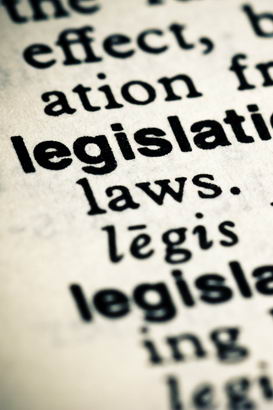
The 0-25 SEND Code of Practice (2015) sets out how professionals across education (including early years, schools, colleges and 16-19 academies), health and social care should support children and young people with special educational needs (SEN) or disabilities to prepare for adult life, and help them go on to achieve the best outcomes in employment, independent living, health and community participation.
Two key aims:
- To raise aspirations for children/young people with
special educational needs/disabilities through an increased focus on life outcomes, including employment and
greater independence; - To secure for them the outcomes from education, health
and social care which will make the biggest difference to
their lives.
'All children and young people are entitled to an appropriate education, one that is appropriate to their needs, promotes high standards and the fulfilment of potential. This should enable them to:
- 'Achieve their best;
- 'Become confident individuals living fulfilling lives; and
- 'Make a successful transition into adulthood, whether into employment, further or higher education or training.'
(0-25 SEND Code of Practice, 2015, section 6.1)
Discussions about longer term goals should start early and ideally well before Year 9 (age 13-14) at school. They should focus on the child's or young person's strengths and capabilities and the outcomes they want to achieve.
To enable this, agencies and services should plan strategically for the support
children and young people will need to prepare for adult life.
(0-25 SEND Code of Practice, 2015, Chapter 8)

A high value is set on meaningful service-user involvement (see Children and Families Act 2014, section 19). For example:
'Local authorities must have regard to:
- 'The views, wishes and feelings of the child or young person, and the child's parents;
- 'The importance of the child or young person, and the child's parents, participating as fully as possible in decisions, and being provided with the information and support necessary to enable participation in those decisions;
- 'The need to support the child or young person, and the child's parents, in order to facilitate the development of the child or young person and to help them achieve the best possible educational and other outcomes, preparing them effectively for adulthood.'
(0-25 SEND Code of Practice 2015, section 1.2)

With high aspirations, and the right support, the vast majority of children and
young people can go on to achieve successful long term outcomes in adult life. Local
authorities, education providers and their partners should work together
to help
children and young people to realise their ambitions in relation to:
- Higher education and/or employment – including exploring different employment options, such as support for becoming self-employed and help from supported employment agencies;
- Independent living – enabling people to have choice and control over their lives and the support they receive, their accommodation and living arrangements, including supported living;
- Participating in society – including having friends and supportive relationships, and participating in, and contributing to, the local community;
- Being as healthy as possible in adult life.
(0-25 SEND Code of Practice 2015, section 1.39)
